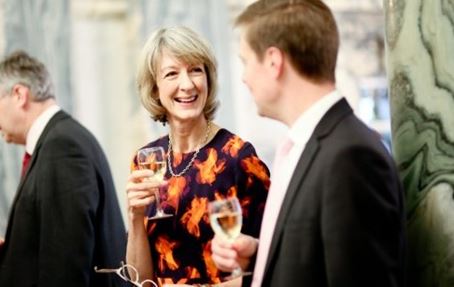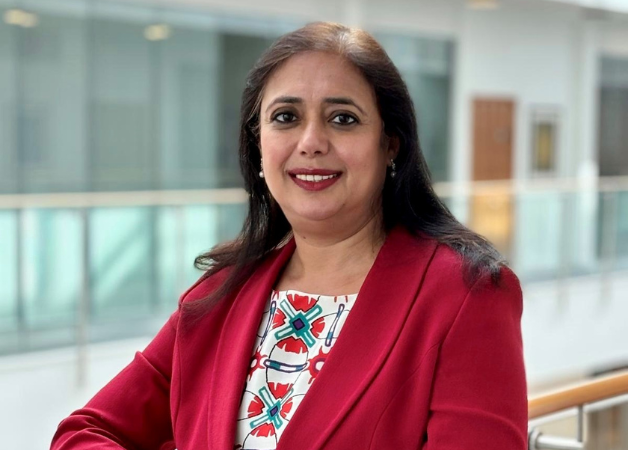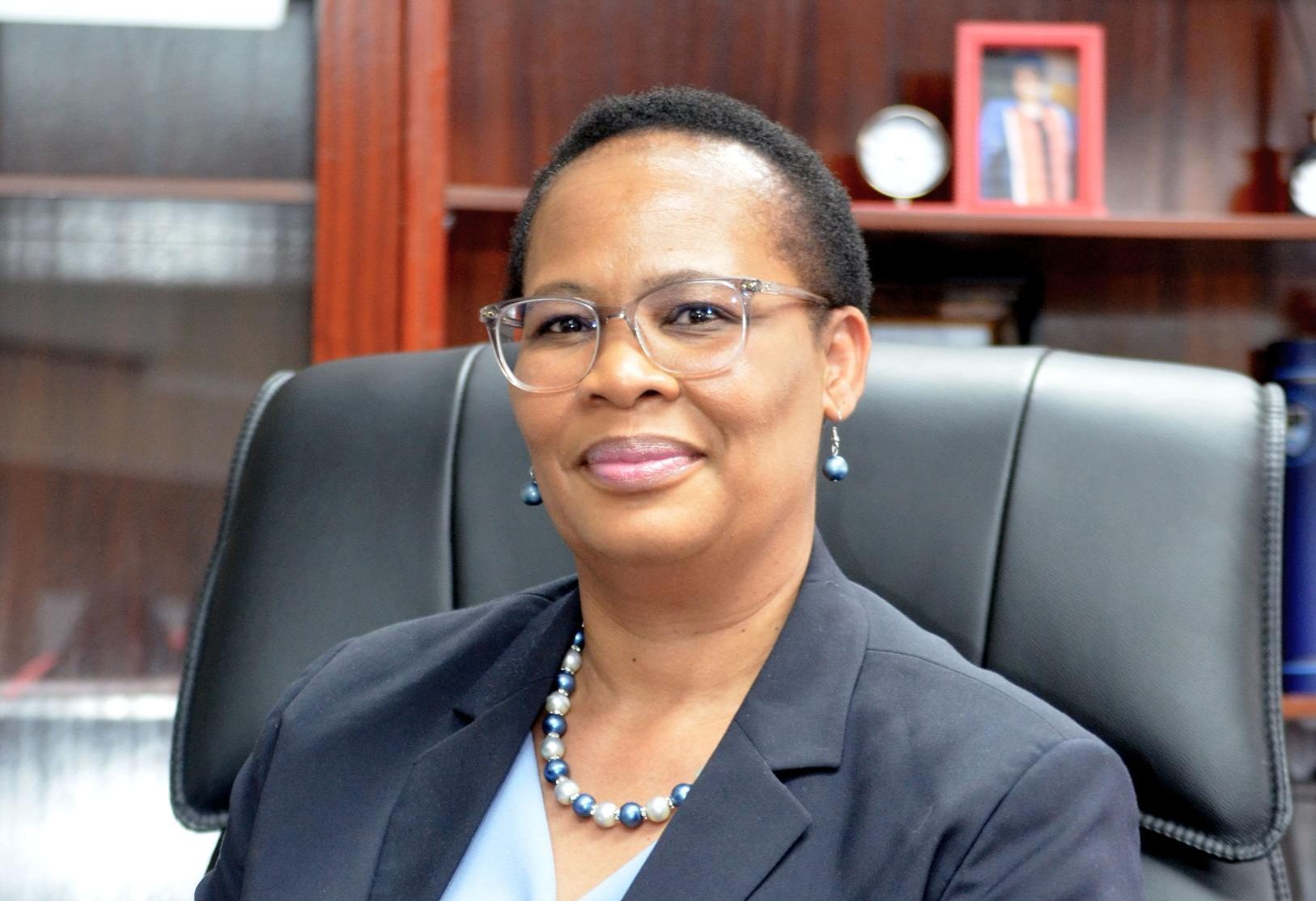Reflections of a Registrar: Alison Blackburn
Alison Blackburn, Registrar and Secretary at the University of Salford, offers her reflections on 38 years in Higher Education, and what it means to retire at this particular point in time.


I’m retiring at 60.
This marks me out straight away as someone with the luxury of that choice.
My USS pension was built almost entirely under the earlier ‘pensionable age’ of 60 and with most of the generous terms intact. I have daughters of 28 and 24 who point out how lucky I am.
But making that decision to retire wasn’t an easy one. Work has always been such a big part of my life.
The trouble is, it can become too big a part of your life, and I did feel I should see what else the world had to offer before it was too late.
Choosing HE
I think I am quite unusual in actually having chosen HE administration as a career straight from university, as opposed to finding my way to it by accident or via other careers.
This was thanks to a careers adviser I went to see in my final year at university.
“I don’t know what I want to do,” I told him. “I like this educational environment but I don’t want to teach.”
To which he replied, “Well, there is university administration as a career.”
“Is there?” I said. “Great, I’ll do that.”
Starting out
I started my HE career in 1982, working in academic governance at UCL.
I was only the oily rag, but I supported the servicing of Academic Board, amongst other committees, and I loved it.
The Provost at the time was Sir James Lighthill, an eminent mathematician who had been involved in developing Concorde.
His party trick in meetings was doing very complicated calculations off the top of his head. This was useful in discussions around PRCS: the Premature Retirement Compensation Scheme whose ‘advantageous terms’ colleagues were being encouraged to take.
After UCL, I moved to and fro across the (then) binary line of pre- and post-92 institutions, mostly going up and down the M61 after that stint in London.
How things change
I tried to tell some younger colleagues recently about how we communicated with each other before computers and email.
I explained that a lever arch file containing ‘yellow flimsies’ used to be sent around the office to share information. I got completely blank looks of course. Mentioning ‘carbon paper’ and ‘typewriters’ in an attempt to illuminate ‘yellow flimsies’ got me no further.
Still, I’ve really enjoyed Paul Greatrix’s WonkHE reflections on HE history.
I shared with Paul how the 1981 cuts were much referenced at Salford when I started here the first time round in 1990 (this is now my second stint at Salford). At the time, I couldn’t believe that people were still harking back to something nine years ago.
But I now don’t see nine years as a very long time.
I recall the Assistant Registrar telling me how, in 1981, he had gone on the train down to Bristol to pick up the letter from the UGC, then bringing it back to the university for an anxious VC to open.
Different times, but maybe not.
We all continue to face financial challenges. It’s interesting to think that HEIs can face a 45% cut in income overnight – as Salford did in 1981 – yet still survive, with some reinvention.
Unprecedented times
What is completely unprecedented is the closure of our campuses.
I really didn’t imagine that when I left my office on 23 March I wouldn’t be going back a few weeks later. As it’s turned out, I won’t be going back at all.
It’s given me a soft landing, though. I’ve already broken those habits of dressing in a suit and getting out of the door at 6.30am to go to work.
But unlike Matthew Andrews in his Life in Lockdown blog post, I don’t agree with the view that, “Video calls are great! Video conferences work well for meetings!”
I’ve found spending all day in front of a screen, not changing position or optical focus, to be really tiring.
I’ve also realised how narrow my circle of work contacts is under these circumstances. There is no chance to bump into people and share a few words as you walk across campus or buy a sandwich at lunchtime.
I’ve also missed the informal one-to-one conversations which would normally take place around the edges of a formal meeting. Teams doesn’t allow for this, but those conversations are so important to share information, move things on, and build relationships. We’re a people business and those interactions really matter.
But I’m sure there’s going to be lots written about that by the psychologists.
Final thoughts
Thank you to all AHUA colleagues for their warmth and friendship over the four years I’ve been part of the group. I don’t intend to drop all my ‘professional’ side. I will still be a QAA reviewer, amongst other things, so I may still see you around the sector.
To leave you with some final thoughts, these are the little pieces of wisdom that have resonated with me over the years:
“Done is better than perfect” (Sheryl Sandberg)
“Take the emotion out of the decision, make the decision, and then put the emotion back in” (Hilary Devey)
“Aim for legacy rather than status” (Mary Portas)
“Always sit with your back to the light, darling, it’s much more flattering” (my grandma, Nora)
Alison Blackburn retires as Registrar and Secretary at the University of Salford.
Related Blogs




4 Comments
johnhogan
Alison Blackburn
Patrick Hackett
Alison Blackburn